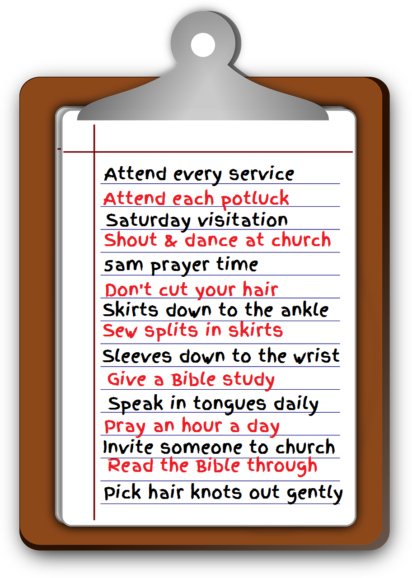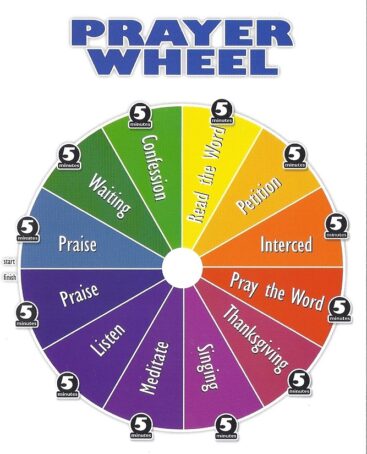I went to a baby shower at a church I’ve been visiting this weekend. I’ve been to lots of baby showers in the church, hated them, and felt guilty for hating them. This one was totally different.
On Thursday, I emailed one of the ladies in charge and asked her if she’d like me to bring a tray of food. She replied they’d forgotten the food, and that would be wonderful, then asked what I would be bringing. I replied briefly a veggie tray and maybe a fruit tray. She said great.
In Pentecostal churches, I have been intimidated to bring food to anything for a long time. What I brought to carry ins was rarely eaten. Ladies would tell me how to improve it, or remind me that they preferred more spices or more meat, or less fat or higher quality ingredients. What I brought to bake sales was set aside on the back corner of the table. My things rarely sold. What a waste of time, effort, and money!
So I went and bought the food for the trays. She hadn’t put limitations or expectations on me, so I was able to be more creative, and wasn’t so worried about what I got. I don’t have to impress these people, after all. If they need impressing, I’ll go somewhere else. It was fun choosing items for the trays, for a change. No agonizing over what fruit would be perfect or whether Sis Snooty would think there was enough. Just fun, making choices and considering what they would enjoy most.
When I got home, I was surprised to realize I had enough for three trays. Crackers and cheese. Veggies. Fruit. Each tray was filled with the things that would keep over night. Then on Saturday I put the remaining foods in their proper slots-even a slot for marshmallows, just for fun, and because I knew any kids that came would enjoy them.
My former church ladies would have had a fit. The grapes weren’t the freshest. They weren’t the largest. There were marshmallows in the fruit tray, and some were quartered regular sized ones, so they were a little sticky. The apples hadn’t been treated with lemon juice. Etc.
The ladies yesterday were just happy to be there. They complimented the trays, and laughed about how much they enjoyed the marshmallows. They chose foods politely, rather than piling their plates high and hoping there would be enough left over for people at the end of the line. They ate everything they chose- nothing was shunned as not good enough once tasted. No one complained about anything at all. It was absolutely amazing, and it was wonderful.
Then came the gifts. Oh, I hated choosing gifts for events in my former church. Once, a lady stopped me in Walmart, looked in my cart, and asked if that was what I was taking to the shower. She asked what else I was buying. I told her that was it. She proceeded to tell me that I needed a pricier brand and bigger box of diapers, took mine away and put her choice in my cart! What an interesting way to be helpful… though I know that’s what she thought she was being. At showers, gifts were always compared. Pricey gifts were expected. Brand names were a must.
Yesterday, gifting was different, too. Each gift was praised for it’s own merit. None was compared to another. None was shoved aside. All were passed around, admired, enjoyed by everyone, and placed neatly in the center of the table, together- not according to who gave what or what was deemed best, but as one large group of gifts, all respected, all admired. None was shoved on the floor or cast into a chair to one side. All were gratefully received.
Again, I was amazed. I have hated showers all my adult life. My gifts were never good enough, pricey enough… never the right brand or the right quality. But this weekend it didn’t matter. All that mattered was that there was a baby coming, and that we could celebrate the coming birth together. Not as family, but as friends, all in our own ways and with our abilities. And isn’t that, after all, the way the family of God should be?












